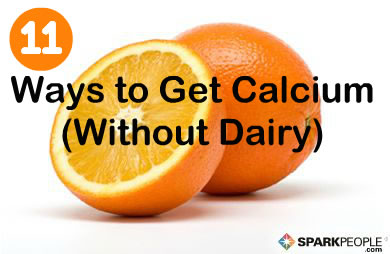|
According to a study published this week in the Archives of Internal Medicine, when the price of junk food goes up, people eat less of it, their weight goes down, and blood sugar levels improve. The study, which is described in more detail here, followed over 5,000 people for a period of 20 years, tracking their food consumption, height, weight, and blood sugar levels. Researchers also tracked changes in food prices during this same period, and found that incremental increases in the prices of soda and delivery pizza were associated with incremental decreases in consumption of these items. For every 10% increase in cost, there was a 7% decrease in the number of soda calories consumed, and an 11.5% decrease in pizza calories consumed. Likewise, a one dollar increase in soda cost was associated with a decrease in overall calorie intake of 124 calories per day (on average), and a decrease in body weight (2.2 pounds on average). This was true even though the “real” cost of soda and delivery pizza actually decreased over the 20 year period when prices were adjusted for inflation. Does this mean that we can (or should) use taxes and/or surcharges on junk food items to encourage people to use less them of them? Using the numbers obtained in their study, the authors suggested that an 18% surcharge on soda and delivery pizza alone could reduce average daily calorie consumption by 56 calories per person per day, which would mean a weight loss of 5 pounds per person over a year. But I don’t think things are quite that simple. As this article indicates, weight loss is a lot more complex than simple arithmetic, so you can’t simply assume that a small reduction in calorie intake like 56 calories per day will translate into a predictable amount of weight loss over time for every individual. Or that every individual who drinks 100 calories of soda per day will gain 10 pounds every year. Therefore, predicting the actual effects of a “junk food tax” on rates of obesity and related health issues is pretty difficult. But we do know from the real-world experience of taxing tobacco that this approach can significantly reduce use of the product and lead to better health for many people. And there’s not much doubt that public health can benefit from using the funds raised by these taxes for various health promotion efforts, like promoting the use of regular water instead of soda or other caloric drinks, and healthier alternatives to fast foods, chips and cookies. Such efforts may at least help offset the social and individual effects of major advertising campaigns promoting fast food, soda, and junk foods, and provide the kind of knowledge people need to take more responsibility for their own choices and their own health. There are lots of other questions involved in deciding whether a tax on certain foods and products is good public policy when it comes to combating the obesity epidemic and improving public health, especially when the products involved can be used safely by most people, in moderate quantities. Too much government interference in realms of personal choice is not a good idea. But at the same time, government policies (see Marion Nestle’s book or blog Food Politics if you’re interested in the details) have always played a huge role in shaping our food industry, and maybe it’s time for government to start correcting some of the problems those policies have created. What do you think? |
Popular EntriesMore From SparkPeople
|

.jpg)













